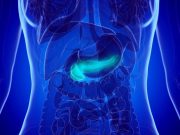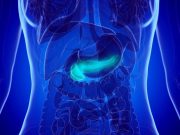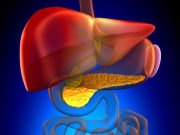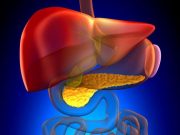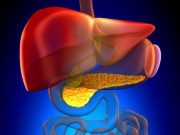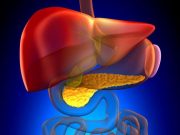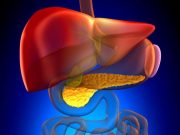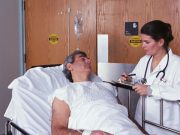Tag: Cancer: Pancreatic
Eligibility Criteria Add to Race Gap in Pancreatic Cancer Clinical Trials
Black patients disproportionately excluded from participation in pancreatic cancer clinical trials
Fecal Microbiota-Based Screening Feasible for Pancreatic Cancer
Fecal metagenomics classifiers better than salivary-based classifiers for identifying pancreatic ductal adenocarcinoma
HTN Meds Tied to Lower Mortality After Pancreatic Cancer Diagnosis
Mortality risk reduced for patients exposed to ARBs after PC diagnosis and for those exposed to ACE inhibitors in first three years
Model Using Routine Clinical Data May Predict Pancreatic Cancer Risk
Findings show promise following diagnosis of impaired fasting glucose
Model Using Routine Clinical Data May Predict Pancreatic Cancer Risk
Findings show promise following diagnosis of impaired fasting glucose
New Symptoms ID’d That May Indicate Pancreatic Cancer
Additional symptoms can be used to update QCancer, a risk prediction model that helps physicians identify patients at high risk for cancer
2000 to 2018 Saw Increase in Incidence of Pancreatic Cancer
Incidence increased for men and women; relative increase greater for women versus men aged younger than 55 years
More Frequent Alcohol Consumption Ups Risk for GI Cancers
Amount of alcohol consumed in each occasion seems to be a less important risk factor
Minorities, Women Underrepresented in Pancreatic Cancer Trials
84.7 percent of patients in clinical trials were White and 54.8 percent were men; underrepresentation seen in trials of nearly all phases
Mortality Risk Up for Fragmented Care After Complex Cancer Surgery
Mortality higher for patients readmitted to outside hospital rather than index hospital after hepatopancreatobiliary or gastric cancer surgery



